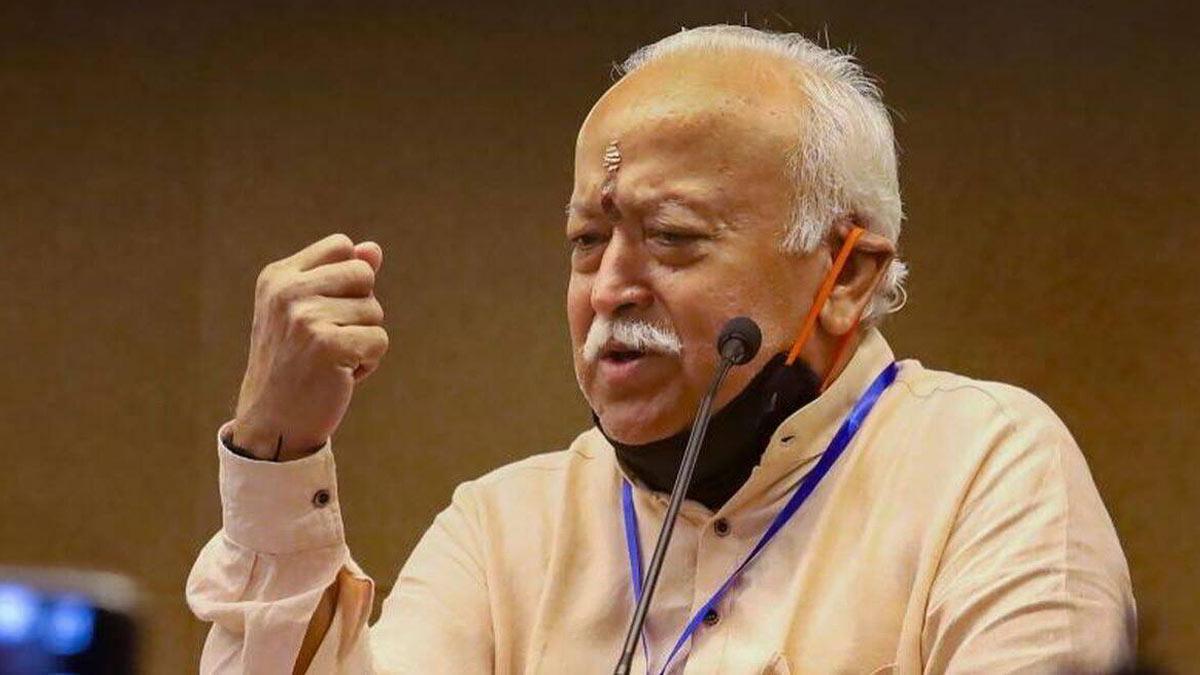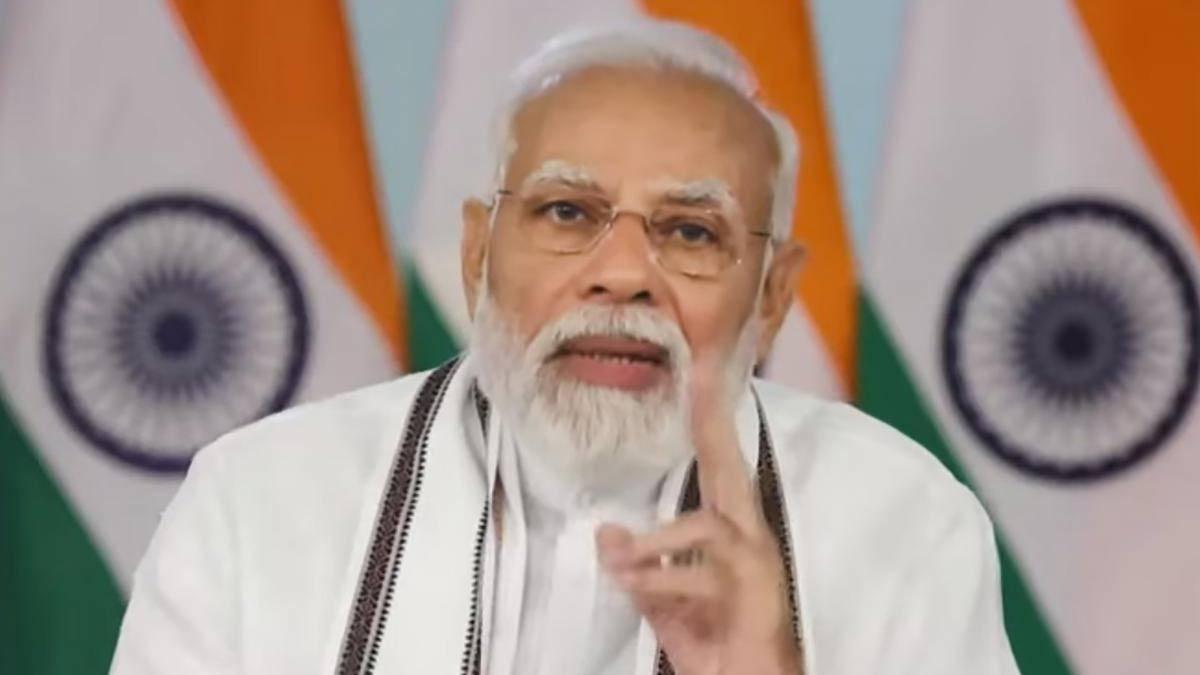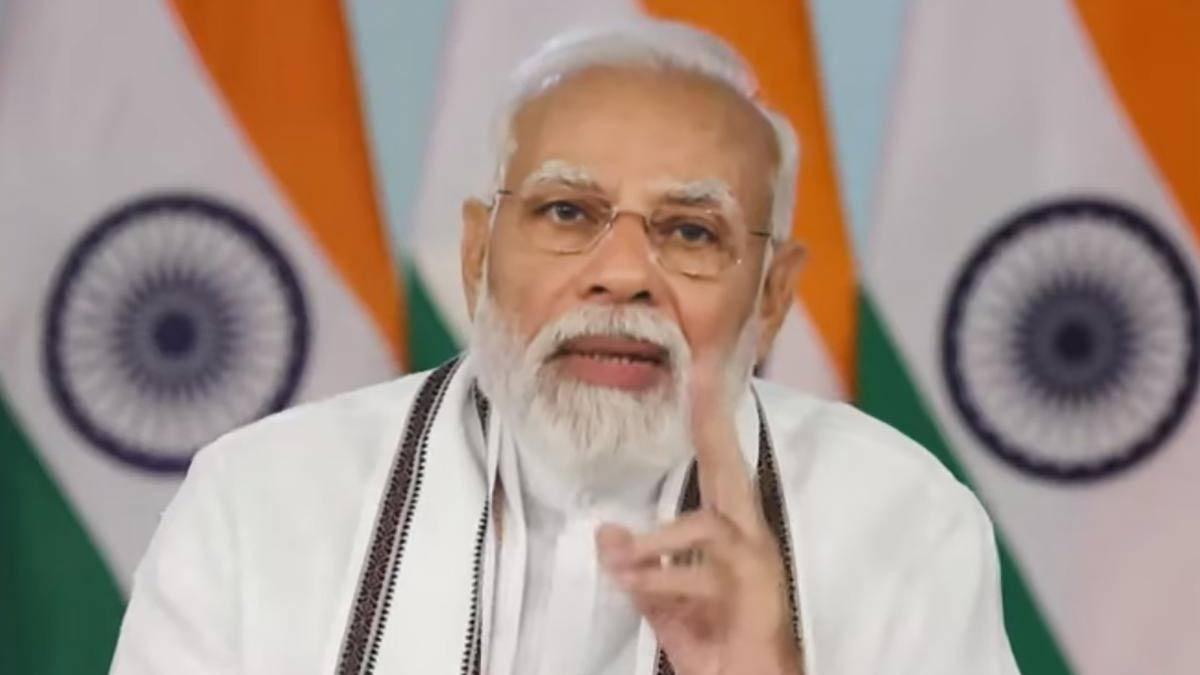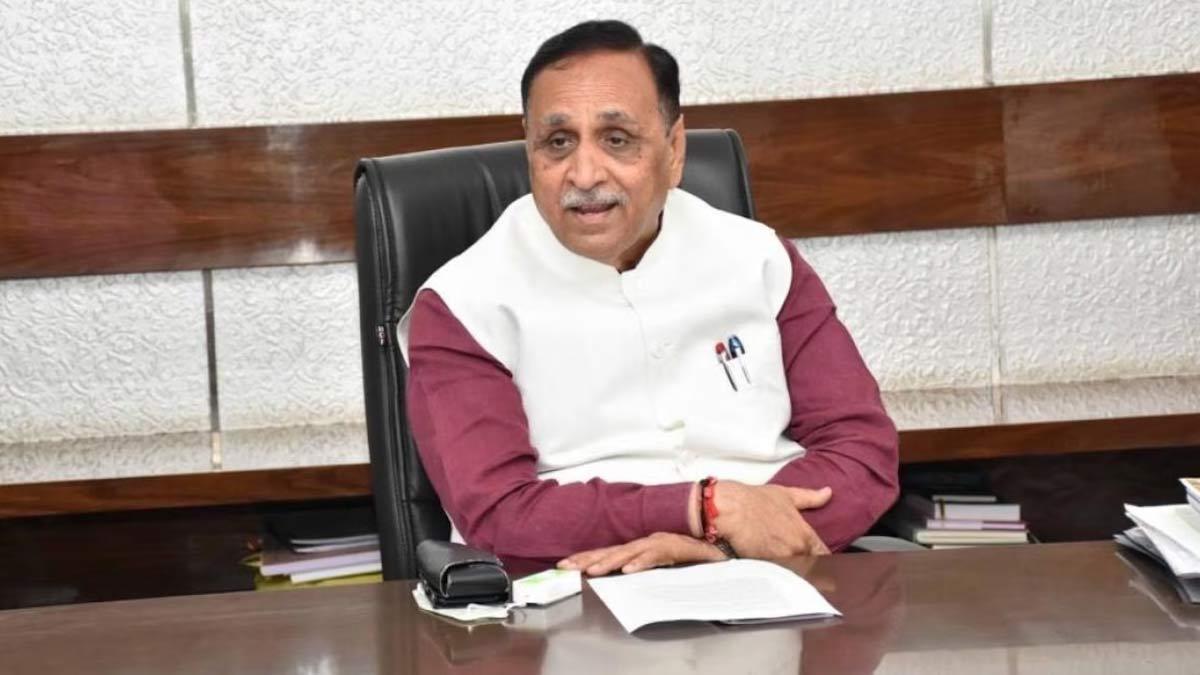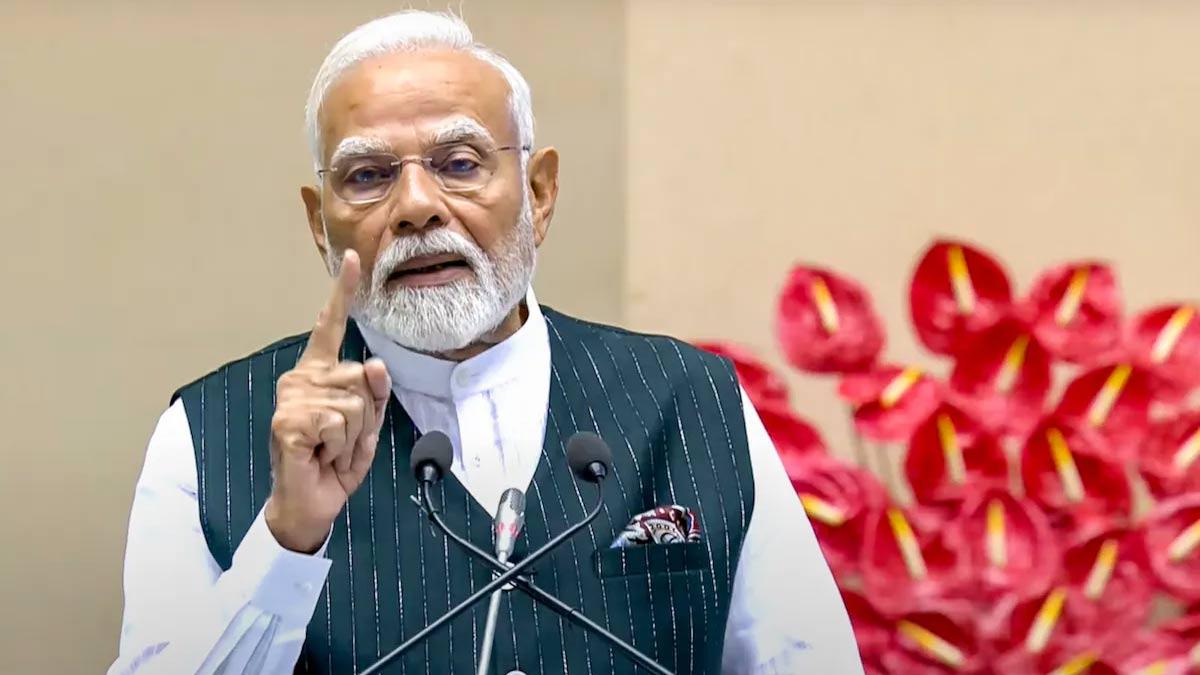In the midst of political politics, RSS leader Mohan Bhagwat welcomed Prime Minister Narendra Modi to his residence on Tuesday evening.
The 7, Lok Kalyan Marg meeting followed shortly after the Prime Minister had a quick emergency meeting with India's top senior security brass, to seal India's plan for retaliation after the recent terror attack in Pahalgam that killed 26 civilians, most of whom were tourists.
The timing of the meeting is being seen as extremely crucial, in light of the recent public appeal by Bhagwat for a strong response to the attack. "We want a strong response… There is hurt in our hearts. We are angry," he had said a few days ago at a public rally. He continued further, emphasizing the burden of leadership without pointing fingers: "The duty of the king is to secure the people.". It is also part of one's duty to enlighten hooligans.".
Earlier during the day, PM Modi had overseen a priority meeting with Defence Minister Rajnath Singh, National Security Advisor Ajit Doval, Chief of Defence Staff General Anil Chauhan, and the top military commanders of all three services. The meeting was termed as "extraordinary in urgency and nature" by sources, in the aftermath of the somber national mood generated by the April 22 Pahalgam bloodshed said to have been masterminded by Lashkar-e-Taiba activists who are based in Pakistan.
During the course of the session, the Prime Minister wished the Indian Armed Forces complete confidence and gave them complete freedom to choose the "mode, targets, and timing" of India's retaliatory attack. Government sources quoted him as saying, "India is determined to deliver a crushing blow to terrorism," hinting at possibly extensive military action.
Meanwhile, security has also been enhanced along the Line of Control and in Pakistan-occupied Kashmir, and there has been increased use of drones, satellite imagery, and electronic monitoring. Diplomatically, India has already put the Indus Waters Treaty on hold and ordered short-term visa holders of Pakistani origin to be relocated.
The Tuesday back-to-back meetings — the security emergency briefing and Bhagwat's behind-closed-doors meeting with the Prime Minister — underscore a coordinated and cued approach at the top. Together, they send a strong message that India's response to the terror strike is not only around the corner, but may reshape its overall strategy against cross-border militancy.
Read also| PM Modi Urges Armed Forces to Deal Decisive Blow to Terrorism After Pahalgam Attack
Read also| Union Cabinet to Convene on Wednesday, First Meeting Since April 22 Pahalgam Attack

